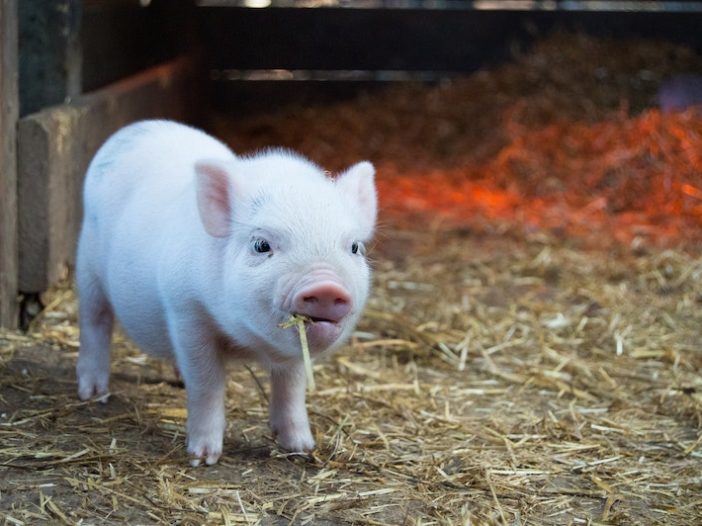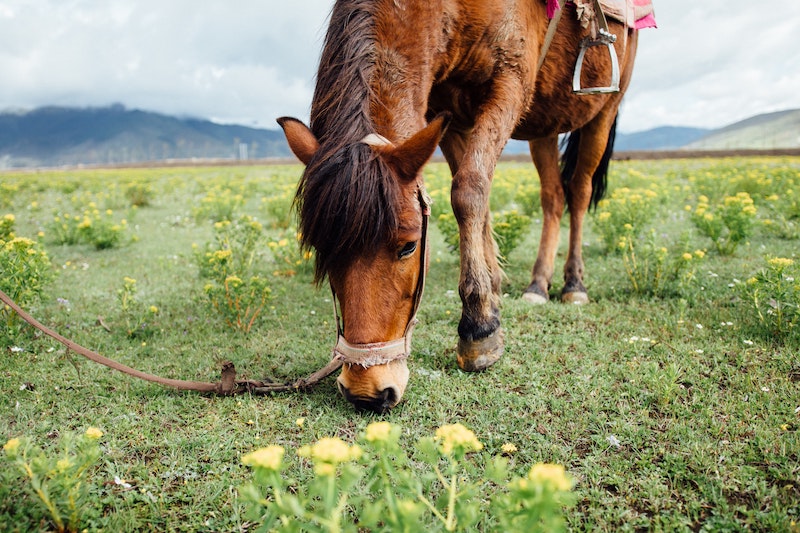
In this post, you’ll learn three different ways to say “I eat a lot” in English.
When chatting with friends, we’re more likely to use an informal expression. Saying “I eat a lot” is fine, but if you want to really emphasize just how much, then one of these expressions is for you. The expressions also add a bit of fun and variation into our speech.
The ideas for this post come from Cassie and Alex’s “Casual English” on YouTube. This is a fantastic collection of videos introducing different ways of saying standard phrases.
So, let’s get started! Here are three ways of saying “I eat a lot.”
“I pig out on…”
We all know that pigs like to eat! To “pig out on something” means to eat a lot.
You could pig out on junk food, chocolate, biscuits, cakes, chips or anything you can eat. You’ll notice that all these examples are unhealthy foods. You’re unlikely to hear someone say “I often pig out on apples”.
The past tense of “pig out on” is “pigged out on” like this. “On my birthday last year, I pigged out on cake.”
You don’t always have to say what you ate. If you ate a lot of food, but not just one specific food, you could say, “I’m so full! I really pigged out!” Notice you skip “on.”
So, we can use “pig out” when we’ve eaten a lot of unhealthy food. Only use this expression with your friends, not in a business meeting!
“Eat like a horse”
“Eat like a horse” also means to eat a lot. It’s still an informal phrase, however you might hear this expression used among colleagues. It doesn’t matter what kind of food you’re eating.
“I’m so hungry, I could eat like a horse!”
“After that hike, he ate like a horse!”
When saying this sentence, emphasize the word “horse.” This shows you really want to express just how hungry you are.
“Eat a horse”
Again, “eat a horse” also means to eat a lot. Think about how big a horse is. You’ve got to be really hungry if you could eat a whole horse!
“Are you hungry?” “Yes, I could eat a horse!”
Saying, “I could eat a horse” doesn’t actually mean that you want to eat a horse meat! It’s talking about the size of a horse, and therefore how hungry you must be.
We usually use the modal “could” with the phrase “eat a horse” to show that it’s a hypothetical situation.
When speaking, you should stress the words “could” and “horse.”
We’d usually use this in the present tense, but you could also use it in the past.
“I was so hungry, I could’ve eaten a horse.”
Notice the present perfect tense here (“have eaten”) because it follows the modal verb “could.”

So, now you have three different ways you can describe how hungry you are! Next time you’re talking with your friends, try to use one of these phrases.
Thanks to Cassie and Alex at Cake English – be sure to check out the rest of their videos for more colloquial expressions.

Add your first comment to this post